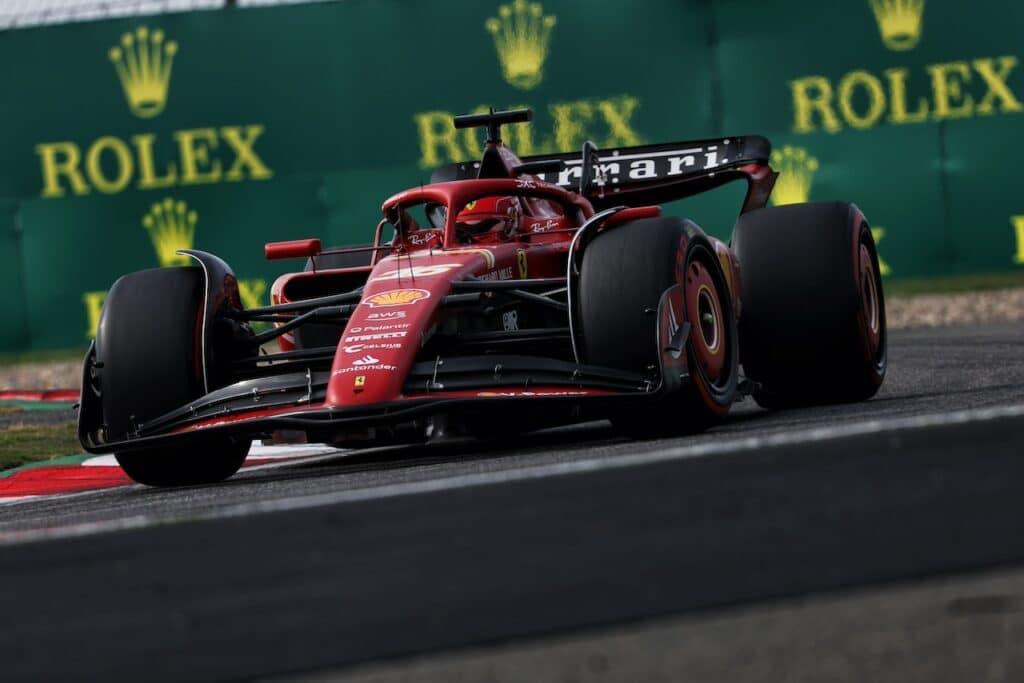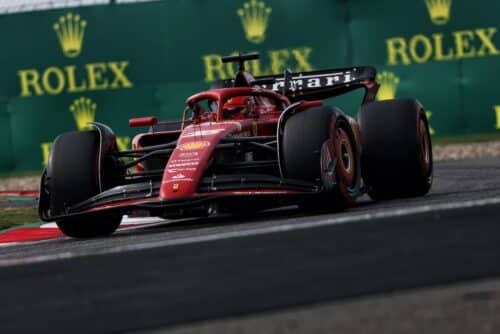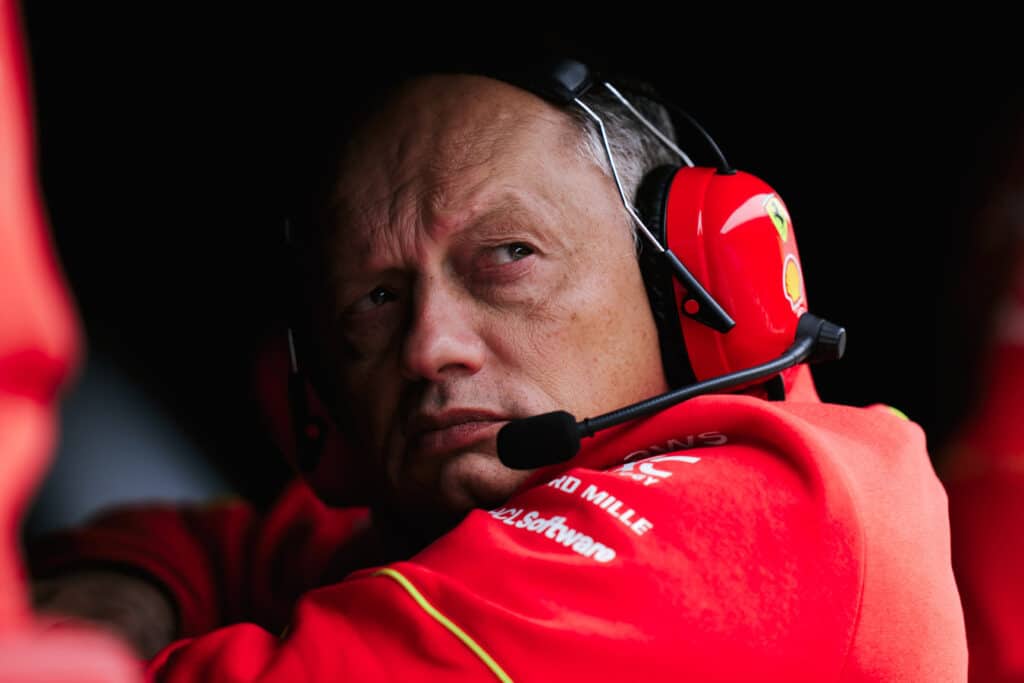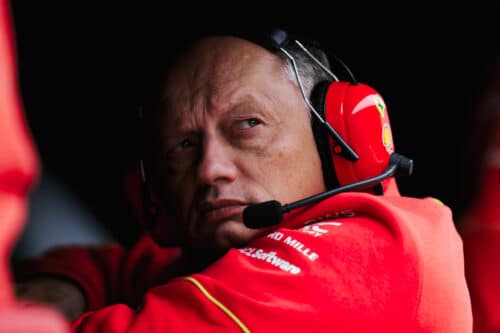Red Bull Racing: Vettel VS Webber
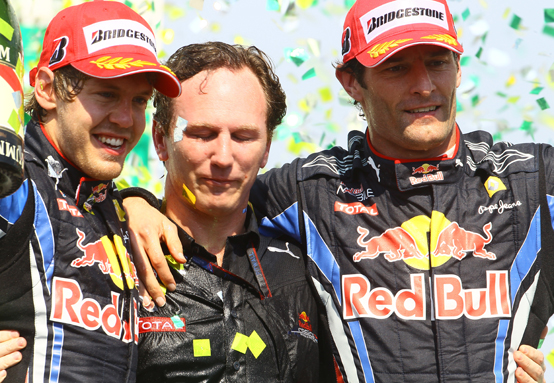
We analyze the performances of the two Red Bull Racing drivers, the German Sebastian Vettel and the Australian Mark Webber, teammates since 2009. The analysis is limited to the last four championships, so Webber's career before 2007 with the sole purpose of better evaluating any merits and demerits.
Vettel chapter.
The German driver, in the last three years, has certainly made the teams he raced for happy. Already in 2008, it was precisely the 10 points gained with the victory in Monza that allowed Toro Rosso to overtake Mateschitz's "top team", i.e. Red Bull: 39 to 29.
Sebastian's trend has been growing steadily for four years, that is, from the moment he was given the wheel of a Formula 1.
Vettel made his racing debut at the 2007 United States Grand Prix, his only race at the wheel of BMW, to replace Robert Kubica who was held out, as a precaution, after the frightening accident the week before in Canada: at the finish line he was eighth, earning a point already at the debut race, on a track never seen before.
The other seven races, from the Hungarian GP, were contested by Toro Rosso, who decided to hire him to replace the disappointing American Scott Speed: Seb finished fourth in China, thus finishing his championship with 6 points. As regards the constructors' championship, of the 9 points collected by the Faenza team that year, 5 went to Sebastian Vettel, who therefore did better than the two starting drivers Vitantonio Liuzzi and Scott Speed.
In 2008 he continued with Toro Rosso, and finished the championship in eighth place with 35 points, gaining the satisfaction of his first pole and first victory, in the downpour, at Monza. He demolishes his teammate Sebastien Bourdais (winner of four titles in the American CART series) who only scores 4 points.
In 2009 he was vice world champion with 84 points: he obtained four victories, two second and two third places, and four pole positions. Webber, his teammate, finished in fourth place with 69,5 points, also obtained thanks to two victories.
This year Sebastian wins the world title with five victories, totaling, thanks to the new score, 256 points. His teammate Mark Webber, who is ahead of him in the second part of the season, suffers, despite the team clearly preferring him to the Australian, until the checkered flag in Abu Dhabi, where thanks to his fifth victory of the season he moves in one fell swoop from third in first place, winning the world championship.
So far the praise. In the last two seasons, Seb has shown that he suffers in close combat against "big" opponents: the sensational mistake in the opening GP of the 2009 season, in Australia, when he collided with Kubica, losing a practically certain podium. He follows team radio worldwide in which he apologizes to the team and calls himself an idiot. This year the errors with Webber in Turkey and the collision with Button in Belgium were equally sensational.
Webber chapter.
Yep, Mark Webber. The predestined victim. A second driver with the sole task of taking points away from Seb's rivals, who should have watched his back without worrying him.
A Coulthard, in short. Or a Barrichello. Or a Massa in his first year at Ferrari.
Instead the Australian becomes the young German's first rival, to the point of raising a question: in 2010, did he surprise Mark or did Sebastian work harder than he should?
Before we attempt to answer, let's take a quick look at the Australian driver's F1 career.
Mark Webber made his F1 debut at the 2002 Australian Grand Prix, on Minardi-Asiatech, finishing fifth and scoring 2 points in an "era" in which points were awarded to the first six finishers. To brand that performance exclusively as the result of chance, since in that GP eight cars out of 22 crossed the finish line, seems to be gratuitous cruelty, which would take away the credit from Mark for having run an error-free race on a car that was anything but competitive. That season he dominated teammates Alex Yoong and Anthony Davidson, who replaced the Malaysian on two occasions. Those 2 points were the Faenza team's haul throughout the season, and allowed them to close the world championship in ninth place ahead of Toyota and Arrows.
In 2003 and 2004 he raced with Jaguar-Cosworth, becoming the point of reference for a team that had three drivers racing in the other car: Antonio Pizzonia and Justin Wilson in 2003, Christian Klien (protected by Red Bull) in 2004 In both seasons his results were better than his teammates: Mark took home 17 of the 18 points obtained by the team in 2003, while the following year, with a less competitive car, he achieved 7 out of 10 in total.
In 2005, Red Bull took over the team and there was no place for Mark: he was hired by Williams-BMW who placed him alongside Nick Heidfeld, who, having made his debut in 2000, has two more years of experience: he will finish the world championship with 36 points against Nick's 28, but the German driver, who was doing better than the Australian, was forced to miss the last five GPs following an accident during some tests in Monza. After the last race in Heidfeld, in Turkey, the score was still 28 to 24... so Mark was certainly not doing badly. The pearl of the season is the third place in Monte Carlo... preceded by Heidfeld and Kimi Raikkonen, winner.
In 2006 he continued with Williams where, with a less competitive car than the previous year, he prevailed over debutant Nico Rosberg, with 7 points to 4.
Up to this point, everything can be said except that we are faced with a driver who is in Formula 1 "by chance" or thanks to some rich sponsor: in five seasons he always does better than his teammate. The only shadow is 2005 where, however, he followed him very closely.
This brings us to 2007, the first vintage that we examine for comparison.
In that year, with five uninterrupted Formula 1 seasons behind him, he returned to Red Bull, where he had veteran David Coulthard as his teammate: he finished the championship in twelfth place with 10 points, against the Scot's 14. He wins the match by a landslide in qualifying (13 to 4), while in the race he scores points (which are awarded to the top eight) on three occasions compared to David's four. His best placing was third place in the European GP (that of the duel, with a final fight, between Massa and Alonso), and two seventh places. Coulthard, on the other hand, finished fifth on two occasions, once fourth (in Japan) and once eighth. The worst moment, probably, was in Japan when, in the rain under the safety car, he was rear-ended by Vettel (in his sixth race) in the Toro Rosso: at that moment he was second with the refueling already done, while Lewis Hamilton, first, it still had to stop.
Red Bull Racing confirms both drivers again in 2008, and this season Mark prevails over David Coulthard, at the start of his last season: he scores 21 points against his teammate's 8, finishing fourth in Monaco, qualifying second in England and third in Monza... on the day of Sebastian Vettel's first pole. In the championship, the Renault-powered Red Bull, despite obtaining more points than the previous year (29 to 24), finished seventh, overtaken by 10 points (do we want to "attribute" them to Vettel's victory in Monza?) by its "cousin" Toro Rosso powered by Ferrari.
This brings us to 2009, where Mark and Sebastian, after having crossed paths on the track in the previous three years, finally find themselves living together within the same team: Red Bull Racing.
Webber is eleven years older than Vettel, and in Australia he is about to compete in his eighth full season of Formula 1, with 123 GPs behind him, four second places as best qualifying result and two third places as best race result.
Vettel, on the other hand, shows up in Melbourne to start his second full season (and third overall), with 26 GPs behind him, a pole position as best result in qualifying and a victory as best result in the race.
The championship opens with the dominance of Brawn (and its highly contested double diffuser), which achieves six victories in the first seven races and obtains four pole positions. The missing victory in China was won by Vettel himself, followed by Webber: for Red Bull it was the first victory and the first double. The previous day, Saturday, Seb had given the team its first pole.
Mark has to wait until the ninth race, the German Grand Prix on the Nurburgring circuit, to get his first victory in the Formula 1 world championship: with that success he will rise to 45,5 points. In the same nine races Vettel won twice (in China and at the previous GP, in England): the German leaves Silverstone with 47 points. Three second places for the Australian, two for the German; both climb to the lowest step of the podium on one occasion. A retirement for Vettel, in Monte Carlo due to an accident, none for Webber. Two finishes outside the points for both. Sebastian is young, he goes fast, he has everyone's eyes on him... but the "elder" Webber performs like him, and doesn't make mistakes out of too much enthusiasm. Where Vettel is best, as he will confirm in 2010, he is in qualifying: three poles against the only one, again in Germany, by Webber.
In the following GP, in Hungary, Hamilton and McLaren made history: for the first time a single-seater equipped with KERS won. Raikkonen finishes second and Webber, with third place, overtakes Vettel, who retired, in the standings: 51,5 points against 47.
And here, practically, Mark's world championship ends a bit, with the Australian not scoring any points in the next five races: some races were too "eventful", characterized above all by bad qualifying (twice ninth, once tenth, in Japan even nineteenth, best result fourth place in Singapore) undermine his chances in the general classification. If with seven races to go he was 4 points ahead of Vettel, at the start of the penultimate race in Brazil he was 18 behind. In short... what will happen to him in 2010: last "important" result in Hungary, followed by a slow descent.
In Brazil he wins, while in the last GP in Abu Dhabi he is second: in the world championship he finishes fourth, 14,5 points behind his teammate.
It can certainly be said that in 2009, up until the middle of the championship, all the attention was catalysed by the controversy over the diffuser, by the performance of Button who from an "honest employee" became a phenomenon by winning six races out of seven, by the difficulties of Ferrari, by the Vettel who, as a baby phenomenon, begins to regularly frequent the top rankings... and no one notices that the two guys from Red Bull actually travel with the same performance.
In the second part of the season, however, the comeback attempt by Barrichello (who won in Valencia and Monza) and the persistent feeling that nothing and no one will deprive Button of victory in the world championship, together with the increase in competitiveness of Ferrari and McLaren , distract attention from Red Bull and Mark's difficulties.
Webber's 2010, as we have already glimpsed, more or less follows the trend of 2009, with two significant differences: the first is that last season the Australian immediately had the wheel of the most competitive single-seater in his hands present on the grid, and therefore even the most "bad" days are ultimately better than the "bad" ones of 2009; the second is that the assignment of points up to tenth place contributes to decreasing the zeros in the ranking and giving the sensation of a better performance.
In 2010 Mark started slowly and after four races, i.e. before the Spanish GP in which he won his first victory of the season, he was eighth in the standings with only 28 points, making him the worst not only of the three top teams, but also of Rosberg ( second at that time) and Kubica. Button, meanwhile, leads the standings with 60 points; Vettel is fifth at 45.
Then come the Spanish and Monaco GPs, in which Mark nails two perfect weekends with pole, victory and the race all in the lead: he is first in the world championship, with 78 points, on par with Vettel.
The next GP is that of Turkey: on lap 40, when Vettel overwhelms Webber, Red Bull suddenly discovers that it no longer has a phenomenon driver and a second guide... but rather two authentic fighting cocks in the same henhouse. And instead of saying a simple "it was a normal racing accident that can happen when you have two drivers capable of winning, but we won't give team orders", the supreme leaders first agree with whoever is wrong (Helmut Marko is Vettel's main supporter within the team), and then they leave it to team manager Christian Horner to manage the matter along the line "the boys race on equal terms, may the best man win".
So much so that in Great Britain, three GPs later, they removed a new front wing from Webber's car to fit it to Vettel: if it's so irrelevant, as Chris Horner will say, what need was there? Even more so in the climate of tension that could be felt in the team after Turkey.
Mark wins the race and repeats himself in Hungary, obtaining the fourth and final victory of the year.
With seven races still to go he is leading the world championship with 161 points: 4 more than Hamilton and 10 more than Vettel.
At that point, it will be the pressure that passes entirely on him, it will be the battle of nerves within the team, it will be the injured shoulder or who knows what else, the fact is that, as in 2009, his performance drops: not wins more, while Alonso and Vettel go wild.
The point is precisely this: not winning. In seven races he achieved three second places, a third, a sixth, the eighth in Abu Dhabi and the retirement in Korea. Placements identical to the first half... where however there are four victories in the middle.
We all know how it went in Abu Dhabi, including the third worst qualifying of the year: he finished the world championship in third place, 14 points behind his teammate who won the world championship. Basically the same gap he had at the end of the 2009 world championship.
The numbers speak for themselves: twice he played the first half of the season with the same performance as Vettel, twice he played the second half with a decline.
Mark Webber is not a standstill: he is certainly slower than Vettel in qualifying; he runs into weekends where he doesn't find the ideal set-up, which doesn't seem to happen to Vettel; however, this is canceled out considering that he makes fewer mistakes than Sebastian. If Seb eliminates the mistakes due to his young age and lesser experience (of the "magnificent six" he is the one with the fewest GPs behind him), he will certainly emerge in a decisive manner and will no longer have to worry about what happens in the next garage. Otherwise, the two will probably continue to duel for supremacy within the team.
Conclusion.
There is an aspect, which probably escaped everyone, in the way in which Red Bull Racing has managed its drivers: Sebastian Vettel is the culmination of the dream of Dietrich Mateschitz, owner of the energy drink company, and his consultant for motor sports, Helmut Marko.
Sebastian Vettel is what Mateschitz (and Marko) dreamed of since he bought Jaguar in 2004, renaming it Red Bull Racing: discovering talent in a very young boy and leading him to win the F1 world championship.
Vettel is what Lewis Hamilton was for Ron Dennis and McLaren: some ironically say "battery-raised chickens", the fact is that when a team discovers in one of its young drivers the qualities needed to be number one... at that point it doesn't look in anyone's face anymore. If Ron Dennis didn't worry about doing wrong, in 2007, to Fernando Alonso, the reigning two-time world champion, signed already at the end of 2005... imagine what it must have mattered to the Red Bull management to put a driver in the background "simply" as good as Mark Webber...
By "wrong", for the benefit of Hamilton's fans, we mean the simple consideration that Alonso, in the summer of 2007, was not playing a disappointing championship, enough to justify the promotion of a rookie driver, however phenomenal, to first driver: given this premise and given the salary received by Alonso (the one that belongs to the number one), it would have been normal to curb Lewis' ambitions by telling him "this year the number one is your teammate. Next year you will race on equal terms."
To this we must also add the fact that Mateschitz competes (and therefore invests) in the Formula 1 world championship with a second team: Scuderia Toro Rosso, which is the literal translation of Team Red Bull.
Red Bull, after having supported (at least in part) the careers of Christian Klien, Robert Doornbos, Vitantonio Liuzzi, Scott Speed, Sebastien Bourdais, reaping little or nothing, has every right to elect Sebastian Vettel as number one.
To all these drivers, Red Bull, through the two teams, has offered a chance in Formula 1. To these must be added Vettel himself, Sebastien Buemi and Jaime Alguersuari, not to mention the various young talents among which at the moment Daniel Ricciardo and Brendon stand out Hartley.
Red Bull offered this opportunity where it saw talent, regardless of nationality, as perhaps a car company would do: Mateschitz had an Austrian, a Dutchman, an Italian, an American, a Frenchman, a German race in F1. , a Swiss, a Spaniard, and now an Australian and a New Zealander are on the launch pad.
Sebastian Vettel, winner of the 2010 Formula 1 world championship, is, now more than ever, rightly king in his own home.
Mark Webber, no matter what Mateschitz, Marko, Horner or Newey say, will be leader of Red Bull only when Vettel lacks the mathematical possibility of winning the title.
Filippo Ronchetti
if you want to always be updated on our news
Follow us here
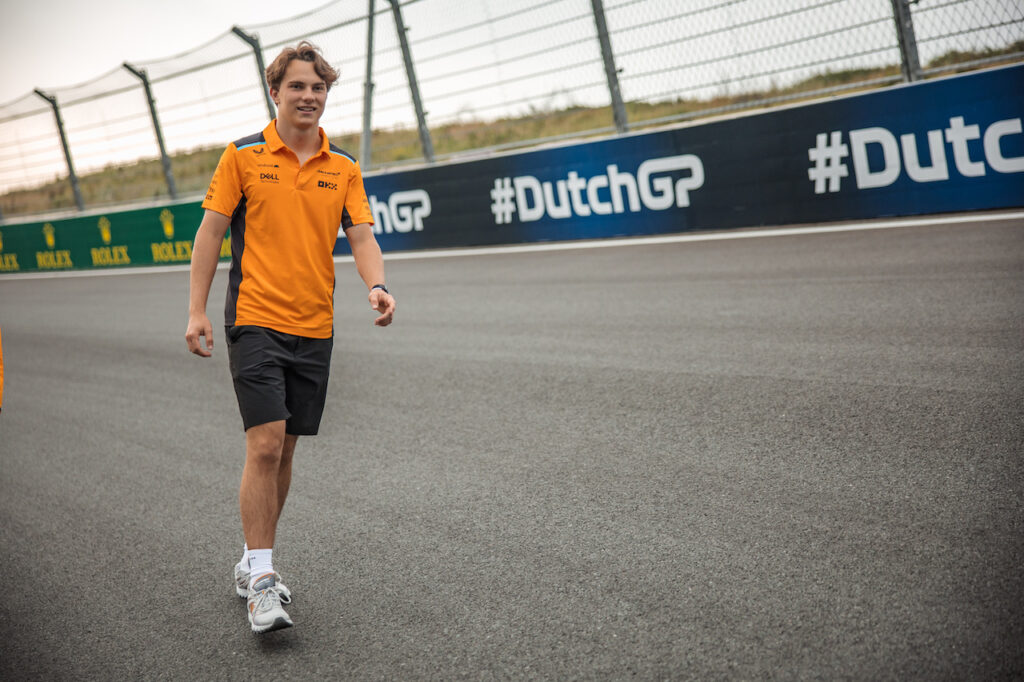
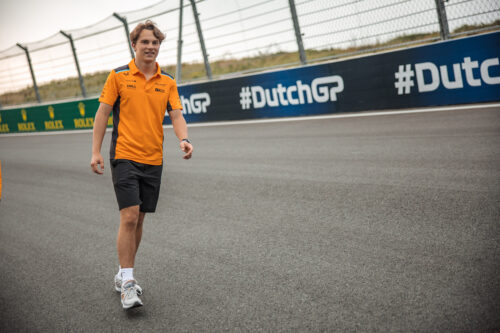
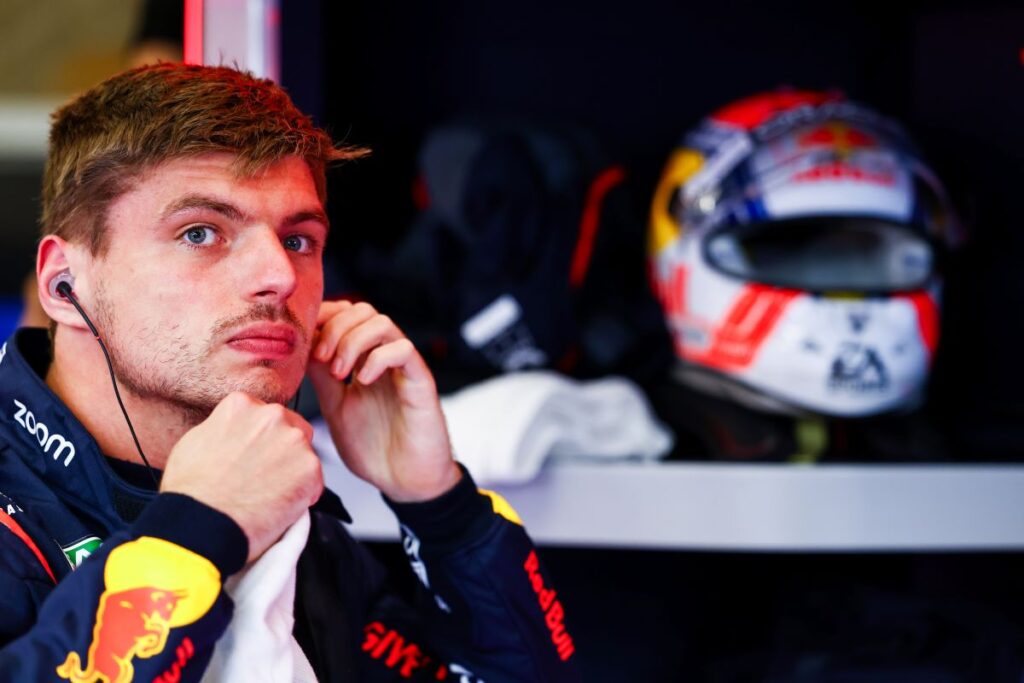
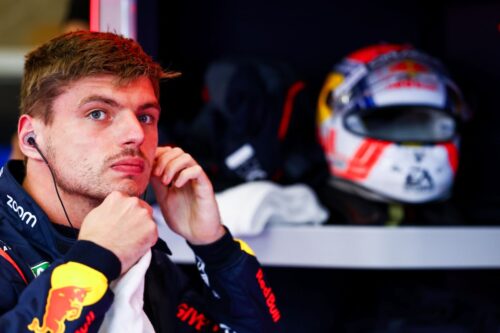
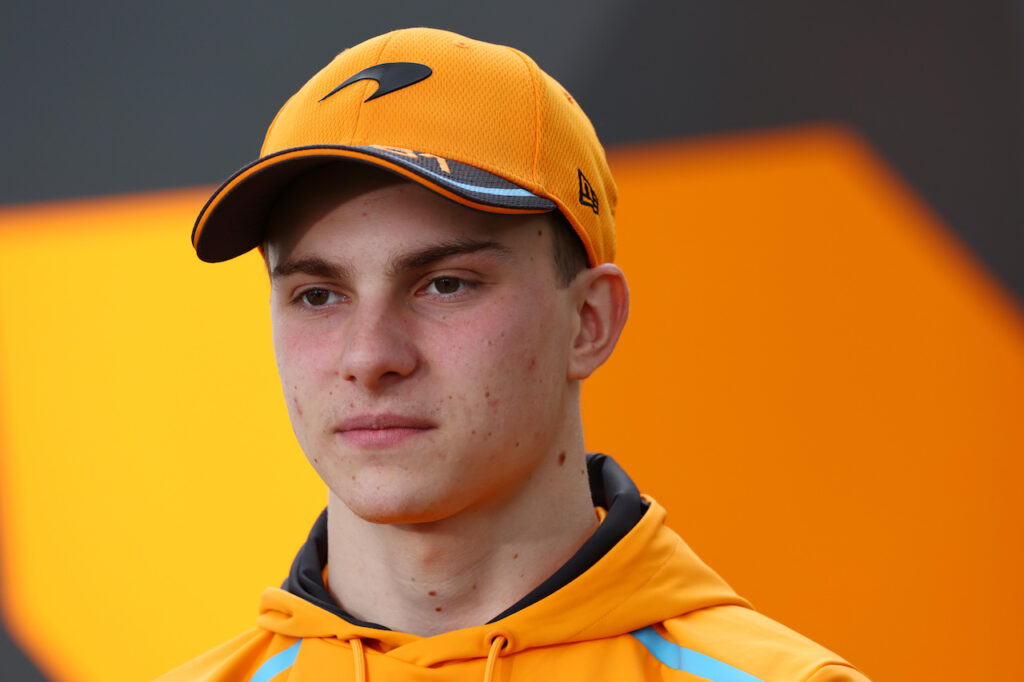
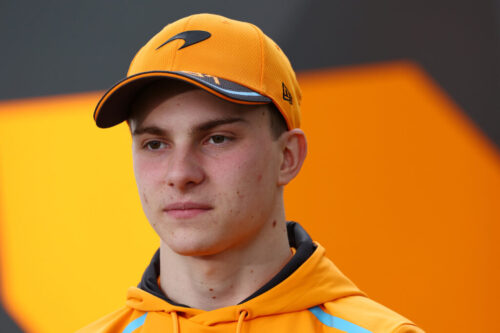

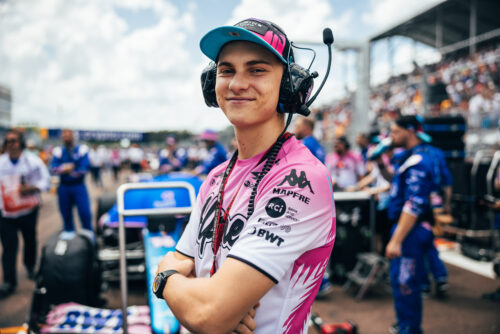

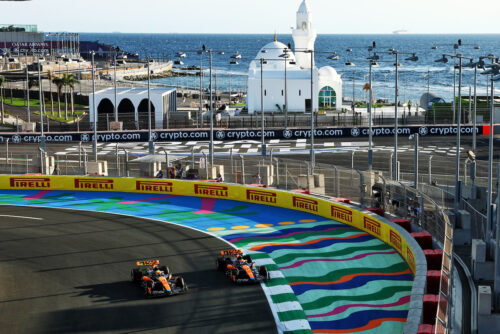
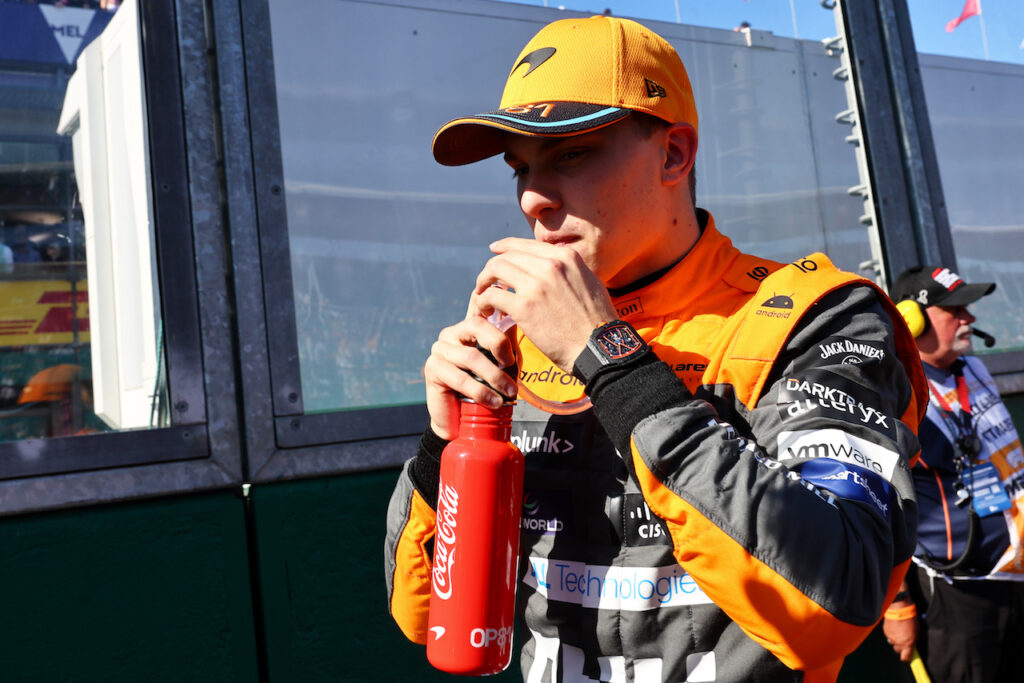
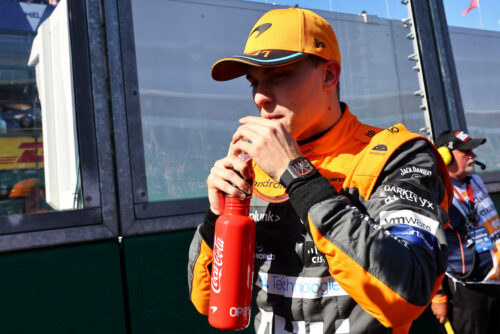
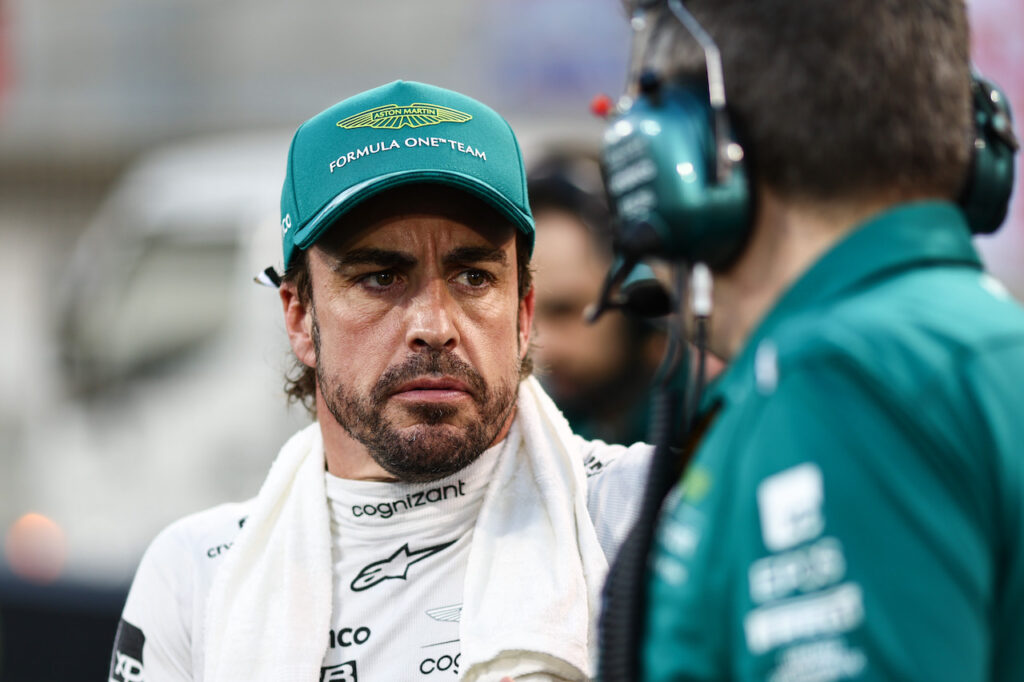
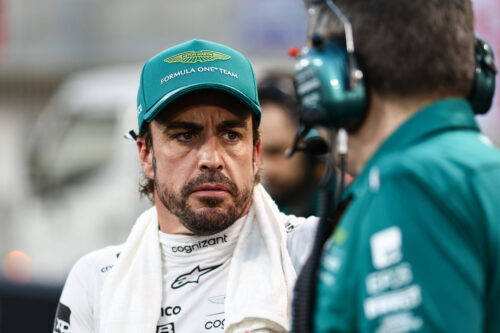
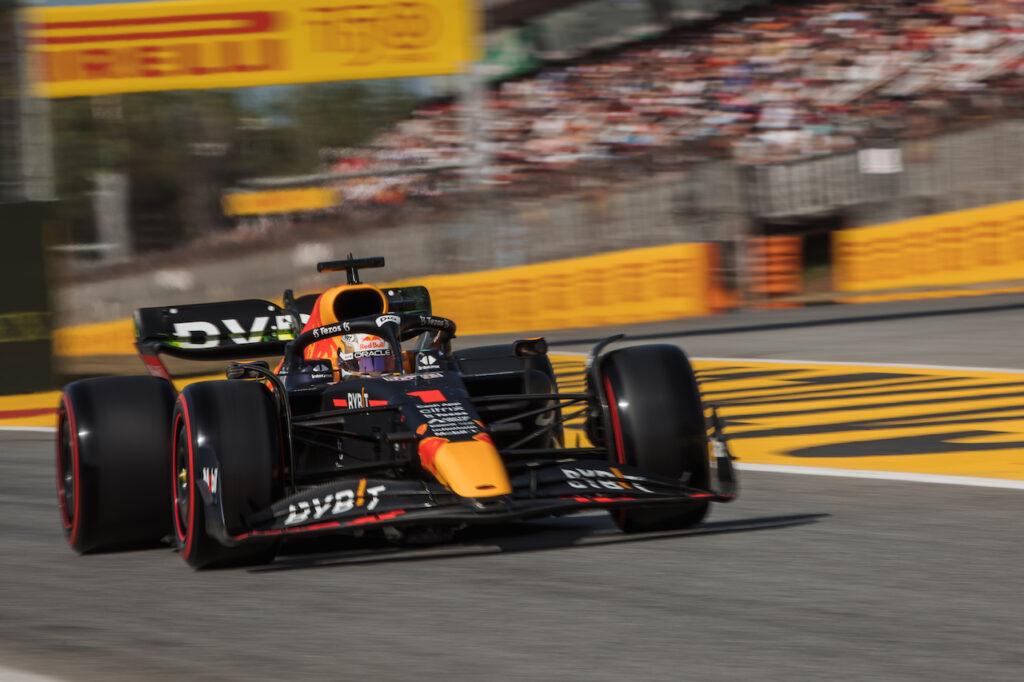
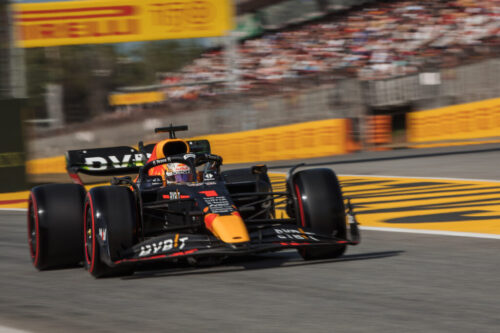
![Formula 1 | Focus: the special liveries in the history of Ferrari [PHOTO]](https://f1grandprix.motorionline.com/wp-content/uploads/2024/04/focus-ferrari7-1-1024x680.jpg)
![Formula 1 | Focus: the special liveries in the history of Ferrari [PHOTO]](https://f1grandprix.motorionline.com/wp-content/uploads/2024/04/focus-ferrari7-1-500x332.jpg)
